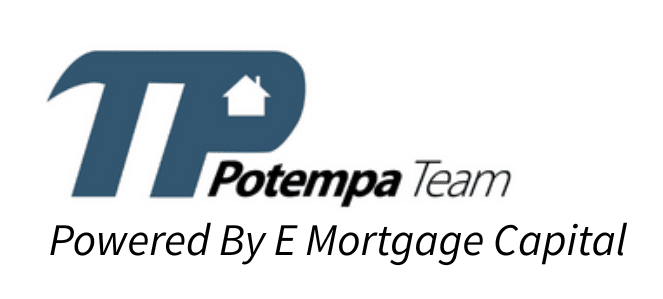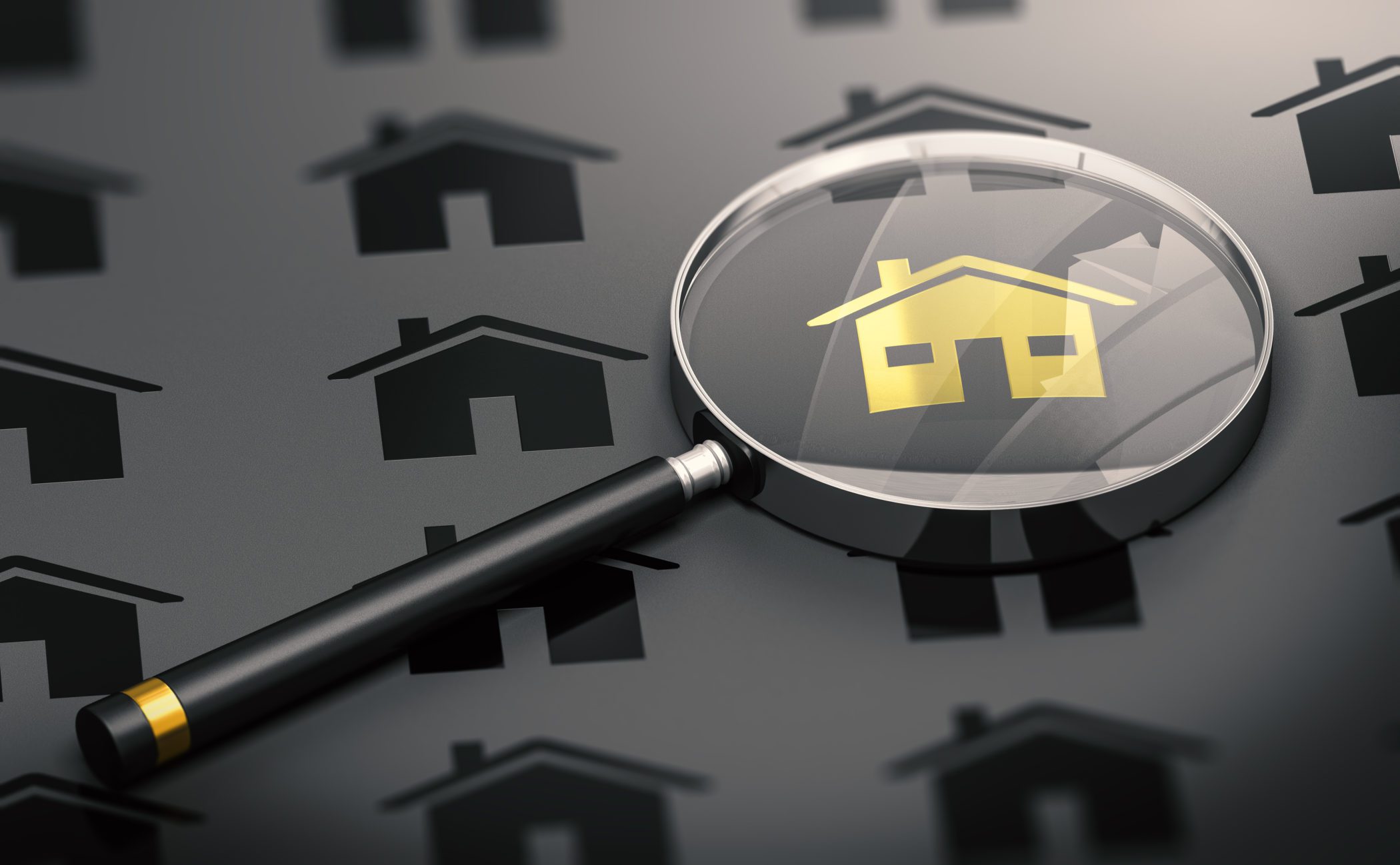The IRS tax code is an intricate list of rules that govern just about every situation that relates to taxes. For investors, there are certain transactions they can do that enable them to avoid paying capital gains taxes on some real estate investments right away.
In the past, there were many types of property that could pass through the 1031 exchange process in order to delay having to pay those taxes. Since the 2017 passing of the Tax Cuts and Jobs Act, only real estate can qualify for a 1031 exchange. And, even then, there are special rules that apply to these cases.
What should you know about a 1031 exchange?
Typically, 1031 exchanges are for investment properties and not for ones that are considered to be your primary residence. The key here is that they must be considered like-kind. That probably doesn’t mean exactly what you think it means.
Like-kind in the view of the IRS is rather liberal. You can exchange an apartment building for a strip mall. You can do a 1031 exchange between undeveloped land and a ranch. You do have to be careful if the property is considered depreciable because those properties have some special laws.
There are also time limits associated with this type of exchange. This occurs if you use an intermediary to conduct the exchange. You have 45 days to designate a replacement for your property, and 180 days to close the exchange. Those run concurrently, so taking 45 days to designate means you only have 135 to close.
Can vacation homes go through a 1031 exchange?
Vacation homes were once a common asset to go through a 1031 exchange, but the loophole that allowed that was closed in 2004. You can’t use your vacation home and 1031 exchange it. Instead, you have to change it into an investment property. To do this, you can rent it out without using it yourself. Once it qualifies as an investment property or rental property, it can go through the exchange.
Will you ever have to pay taxes during a 1031 exchange?
It’s possible that you will have some tax liability with a 1031 exchange. This is common if there’s a mortgage or loan on a property. For example, if you have a mortgage of $500,000 on a property and exchange it for a property that has a mortgage of $400,000, you’ll have to pay taxes on that $100,000 difference because it’s considered a gain.
Why would investors use a 1031 exchange?
A 1031 exchange allows properties to grow without having to pay the capital gains tax on it right away. This allows the investors to maximize their investments over a longer period of time. They can turn around and pay a single long-term capital gains tax, which may reduce the tax liability.
For example, capital gains taxes for the 2021 tax year were 0 to 20% for long-term capital gains or 10 to 37% for short-term capital gains. Filing status and taxable income both play a role in how much the tax rate is for capital gains.
Only properties in the United States qualify for a 1031 exchange. Finding those properties can be a challenge, so it’s likely best to work with someone who’s familiar with this type of investment move. Give Potempa Team a call for further information and guidance. Potempa Teams experts have years experience!





